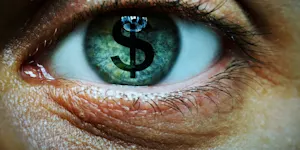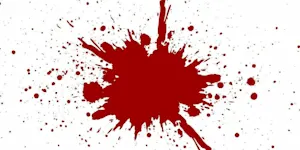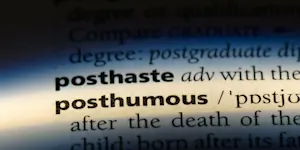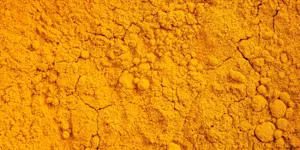What Makes This Word Tick
"Bawdy" has a personality as lively and cheeky as a backyard barbecue with a rowdy group of friends. It refers to humor that is lewd or risqué, often peppered with innuendos or naughty twists. This word has entertained many, pushing the boundaries of polite conversation while managing to evoke laughter and maybe a blush.
If Bawdy Were a Person…
Imagine a mischievous rogue at a tavern—a bit rascally, with a twinkle in their eye, always ready with a tease or a teasing story. They’re the sort who punctuates family gatherings with tales that straddle the line between appropriate and scandalous, leaving listeners both amused and slightly scandalized.
How This Word Has Changed Over Time
Centuries ago, "bawdy" found its origins in Middle English, where it described something starkly obscene or indecent. Over time, it mellowed, gaining a newfound charm as society’s attitude towards such humor evolved. Nowadays, it's more about spice than scandal—a playful indulgence more than a serious offense.
Old Sayings and Proverbs That Use Bawdy
"Bawdy rhymes oft intoxicate more than vintage wine." While not a traditional proverb, it captures the essence of how flirtatious humor can envelop a room, sometimes even more effectively than spirits themselves.
Surprising Facts About Bawdy
In Elizabethan theater, bawdy humor was a staple, offering wit that appealed to both the common folk and the aristocracy. Playwrights like Shakespeare often employed it to ensure that their works entertained a diverse audience, proving that lighthearted indecency had universal charm.
Out and About With This Word
You’ll find "bawdy" in comedy clubs, during stand-up routines where the humor dips a toe or two into risqué waters. It’s the playful undercurrent at many social gatherings, especially those with an audience willing to indulge in a bit of cheeky laughter.
Pop Culture Moments Where Bawdy Was Used
One need only look at the comedy films of the '80s and '90s, like "Porky's" or "Animal House," where the humor danced on the fine edge of bawdy. It was an era that reveled in pushing boundaries and inviting audiences to react with a mix of shock and giggle.
The Word in Literature
"Bawdy" has strutted through the pages of comedic literature, often appearing in dialogue designed to showcase a character's worldly sense of humor. In Shakespeare’s plays, for instance, it often underscored the humanity and relatability of his characters, blending high art with everyday humor.
Moments in History with Bawdy
The Restoration period in England, following the Puritanical rule, celebrated the bawdy with open arms. The pendulum swung from sternness to spiritedness, as theaters brimmed with plays that explored themes and language in ways that were anything but prudish.
This Word Around the World
Globally, every culture has its version of bawdy humor. In Italy, the "commedia dell'arte" often employed bawdy humor to great effect with its earthy characters like the harlequin. Yet, what might consider bawdy in one culture could be mild in another, showcasing the fascinating diversity of humor.
Where Does It Come From?
"Bawdy" originally stems from Middle English "bawde," meaning a prostitute or a lewd person. The transition from noun to adjective over time enriched its usage beyond its initial scope, evolving into the cheeky descriptor we know today.
How People Misuse This Word
People sometimes use "bawdy" to mean simply funny, omitting the underlying risqué nature that the word implies. It's humor with a bit of edge—a little more punch than just a basic laugh.
Words It’s Often Confused With
Raunchy: Both refer to inappropriate humor, but "raunchy" is more coarse or vulgar.
Lewd: While "bawdy" has a playful connotation, "lewd" often implies a more offensive undertone.
Ribald: Similar in content, but "ribald" usually leans more towards crude or indecent.
Additional Synonyms and Antonyms
Synonyms for "bawdy" include vulgar, risqué, and ribald. Antonyms are refined, chaste, and wholesome, painting a picture of humor that stays well within the bounds of convention.
Want to Try It Out in a Sentence?
"Grandma’s workshop jokes were unabashedly bawdy, leaving everyone unsure of whether they should cover their ears or applaud her wit."
















